Our traditional festival Dragon Boat Festival | Dragon Boat Festival on May 5th.
one
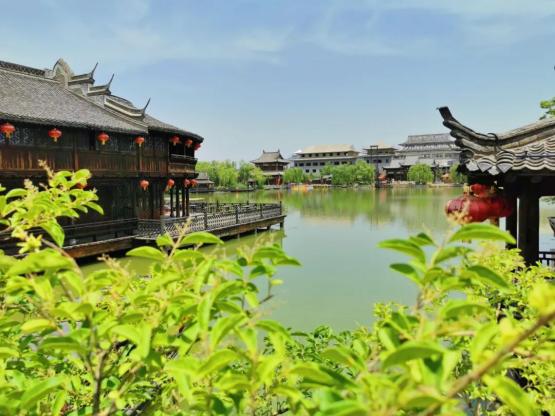
"On May 5th, the Dragon Boat Festival arrived, and the dragon boat race was really lively. Eat zongzi, bring sachets, and mosquitoes don’t come around. " This popular children’s song sings the custom of the Dragon Boat Festival, a traditional festival in China.
Dragon Boat Festival, also known as Duanyang Festival, Chongwu Festival, Tianzhong Festival, Pujie Festival, Yulan Festival, Daughter’s Day, May Festival, Dragon Boat Festival, Zongzi Festival, etc. Each different name is not only a reference symbol, but also attached with heavy customs and cultural significance.
The word "Dragon Boat Festival" was first recorded in the "Local Records" written by Zhou Chu in the Jin Dynasty: "In midsummer, Dragon Boat Festival, you can cook millet. End, also at the beginning, that is, May 5th. The custom weighs five days, the same as the summer solstice. " In fact, the original Dragon Boat Festival was not fixed on May 5th. In ancient times, the earth supported the moon, and the summer calendar built Yin. The first month was Yinyue, and May was noon. The date is not fixed, but refers to the first afternoon in May.
When it comes to the Dragon Boat Festival, Qu Yuan can’t be avoided. Wen Xiu, a monk in the Tang Dynasty, wrote in the poem Dragon Boat Festival: "The festival is divided into Dragon Boat Festival, and it is rumored to be Qu Yuan through the ages." It can be seen that the tradition of linking the Dragon Boat Festival with Qu Yuan has a long history, so that many people now equate the Dragon Boat Festival directly with Qu Yuan’s Memorial Day.
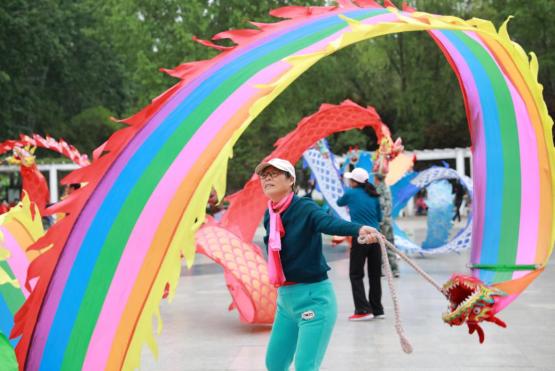
Qu Yuan of Chu, loyal to the monarch and patriotic, worried about the country and the people, was slandered for his loyalty, but he was suspicious when he believed it. He was always unwilling to go along with the flow and leave his old country. Under the intertwined emotions, in the end, he chose to sink himself into the Miluo River, with a clear ambition to die and a candle to shine on the world. "On May 5th, Qu Yuan died by throwing himself into Miluo, and the Chu people mourned it. So far, he has stored rice in bamboo tubes and sacrificed it with water" ("Continued Harmony").
Further back, Qu Yuan is the object of Dragon Boat Festival commemoration, but not the only one. Wu Zixu, Cao E, Jie Zitui, Chen Lin, Fubo General Ma Yuan, etc. all appeared in the Dragon Boat Festival commemorative activities in different regions.
Wu Zixu assisted Fu Cha, the king of Wu, to seek hegemony in one fell swoop, and persuaded him faithfully. However, he was framed by a villain, and was given death by Fu Cha, and his body sank in Qiantang River. Wu people couldn’t bear the death of Wu Zixu, so they shaped him into a "Tao God" and a "Tide God" and offered sacrifices to him on May 5th. "On May 5th, Wu Jun will be welcomed. ….. and the custom of Dongwu, things in zixu, regardless of qu yuan also "(zong Zhuo" Jingchu years old ").
More than 400 years later, a thin figure appeared on the riverside of Shangyu, where the tide god was sacrificed. She ran all the way along the riverside, howling loudly and day and night. The female name is Cao E, and she is the father who drowned while looking for a sacrifice to the tide god. If you can’t find it, you will throw yourself into the river. Five days later, Cao E’s body surfaced with his father’s body. This filial piety is earth-shaking, and people commemorate Cao E, which is also a courtesy to "filial piety".
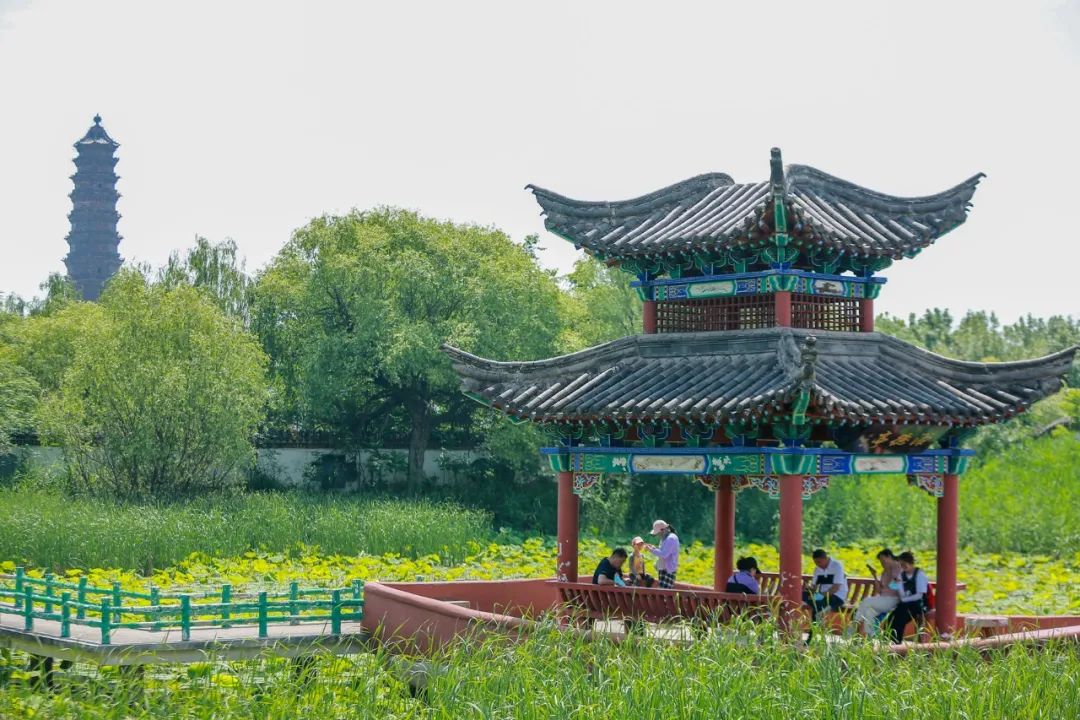
Obviously, although these two legends are related, they obviously come from two different systems, as evidenced by the error in time. In addition, the memorial meson is from Shanxi, Chen Lin is in Cangwu, and Ma Yuan is in Hunan, with obvious regional colors.
To commemorate these characters, there are reasons, or to feel their filial piety, or to admire their loyalty, or to lament their experiences, and they resonate with each other and have a strong sense of emotional identity. In the historical changes, Qu Yuan’s position gradually became prominent, and finally surpassed others, becoming a common memorial object in different regions, realizing the transformation of the cultural significance of the Dragon Boat Festival.
This transformation stems from the rich cultural significance of Qu Yuan. Compared with the above-mentioned other characters, Qu Yuan has political rationality, personality strength and poetic soul, and his cultural codes are complex and diverse: patriotism, faithfulness, honesty, Geng Jie, endeavor, pursuit, etc., which has a large space for selection and interpretation. Then it comes from the common choice and reinterpretation of emperors, literati and ordinary people in past dynasties. The emperor advocated the loyalty of his subjects to the monarch and patriotism, and "repeated loyalty for three times, and nine deaths without regret" (Zhang Yu’s Reading Lisao Sutra); Scholars regard Qu Yuan as a bosom friend of different generations and the destination of the soul. "I hate Li Sao’s spirit, and the lofty ideals are full of tears" (Lu You’s "Mourning"); Ordinary people have compassion in their hearts, and they respond with understanding sympathy, saying, "Sweet rice is wrapped and cooked, offering sacrifices to Chu River Mae" (Gao Qi’s "Horn Millet"). Advocacy of rulers in different times, singing by literati and eulogizing by common people, behind Qu Yuan, projected this cultural code into various ceremonies and repeatedly strengthened it, surpassing the times and individuals, gaining group recognition and realizing collective value construction.
two
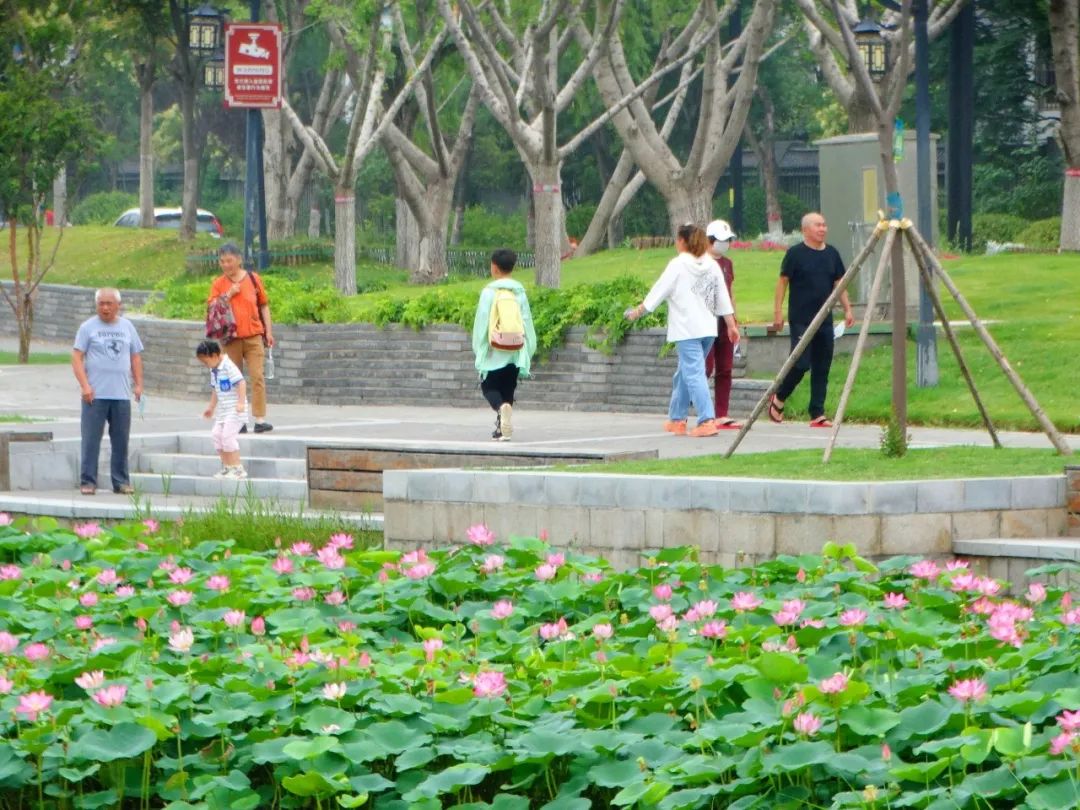
Festivals have three indispensable factors: first, time; The second is the object; The third is ceremony, which is the representation of cultural significance. Different from the object of commemoration, the Dragon Boat Festival is characterized by more, the better and a hundred flowers blossom, and almost all the activities and ceremonies involved in the origin theory of Dragon Boat Festival have been absorbed.
In memory of Qu Yuan, there are dragon boat races, eating zongzi and drinking realgar wine. Dragon boat race, also known as dragon boat race, dragon boat scraping and dragon boat rowing. It is said that this ceremony originated from the rescue of Qu Yuan by Chu people. "Qu Yuan died in Miluo on the same day, and people injured him, so he saved the boat, and today’s race is its relic" (Ying Shao’s "Customs and Justice").
Qu Yuan drowned himself in Miluo, and the Chu people feared that he would be eaten by the dragon monster. While rowing to save him, they put food in the water. Later, they followed the custom of storing rice in bamboo tubes as a sacrifice, which was called "simple zongzi", which was the early form of zongzi.
Related to expelling poison and evil spirits are stepping on a hundred herbs, Mulan decoction, tying five silks, hanging wormwood, wearing sachets and drinking calamus wine. At noon on the Dragon Boat Festival, the yang is the most abundant, and everything can get the yang qi, which can drive away the yin and evil qi, so it is more than picking herbs, casting swords and refining mirrors at this time. After collecting hundreds of herbs, the ancients wove long strips of wormwood with peculiar fragrance into human or tiger shapes, which is called "Ai Ren" and "Ai Hu". They also tied calamus, mugwort leaves and garlic together, and hung them on the portal with calamus as a sword, mugwort leaves as a whip and garlic as a hammer, so as to dispel evil spirits and scare off spectres. Folium Artemisiae Argyi is the flag, which is auspicious at four o’clock "(Fan Yin’s Yue Proverbs).

Five-color silk refers to the lines with five colors: blue, red, white, black and yellow, also known as long-lived thread and long-lived thread, which are mostly tied to the arm, and later to the wrist, ankle and fingers. In the concept of the ancients, the five silk elements correspond to the five elements, symbolizing the five gods: Qinglong, Suzaku, White Tiger, Xuanwu and Huanglong. Wearing them can resist evil spirits, get rid of bad luck and not get sick. This is what "Customs Tongyi" said, "On May 5, five colors are given to prolong life, and folklore says it will benefit people’s lives."
People’s longing for and protection of life can be found in many aspects, such as eating, drinking, wearing, living, and traveling. They not only sincerely ask for help from mysterious forces, but also have a magnificent heart to conquer destructive forces, and have an eternal pursuit of harmonious coexistence with nature.
In a word, many customs and ceremonies of the Dragon Boat Festival, which have crossed history and radiated many nationalities, originated from people’s psychological demands, entrusted people with a variety of emotions, and highlighted two core themes: eliminating evil and seeking happiness and praising sages.
three
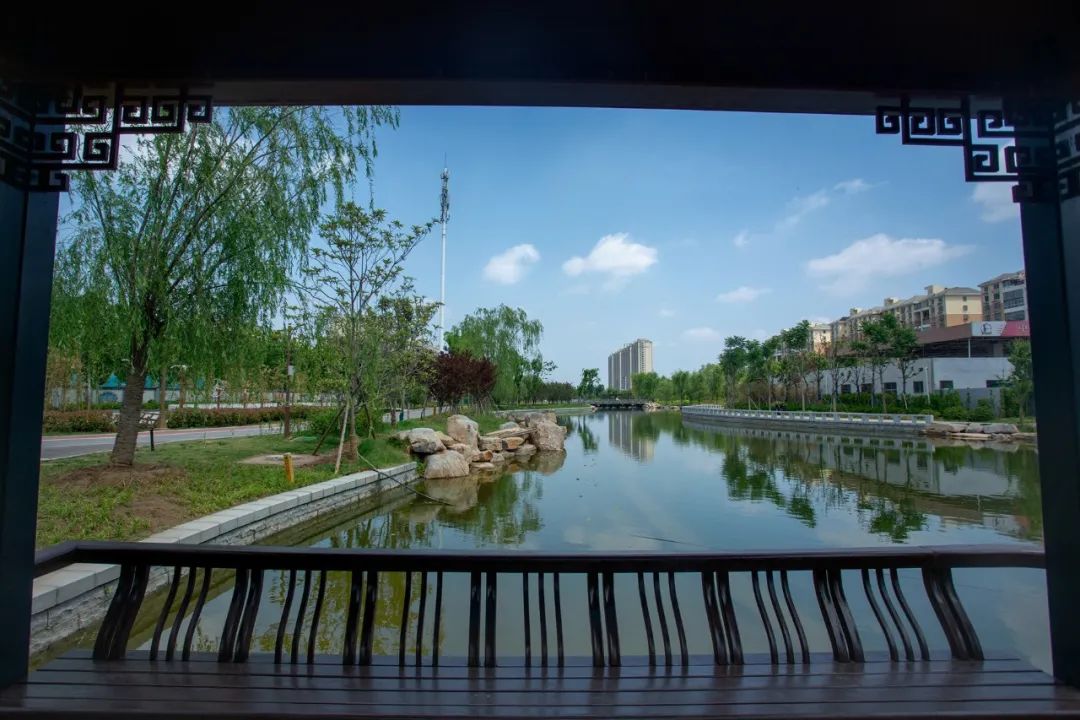
Festivals are emotional catharsis, and Dragon Boat Festival is no exception. Fear and grief are the initial emotional keynote of Dragon Boat Festival. After the power of "people" became stronger, the Dragon Boat Festival became a "auspicious day", which also increased the color of celebration, joy and carnival.
On the Dragon Boat Festival, the emperors of the Tang Dynasty held a big banquet and gave gifts such as fans, horns, clothes and mirrors. Emperor Xuanzong of the Tang Dynasty once wrote "The Three-Hall Banquet at the Dragon Boat Festival" and "The Three-Hall Banquet at the Dragon Boat Festival", writing about the joy of the monarch and the ministers, and saying that "loyalty, if not replaced, will make Kunfang after a faint." As the recipient of the gift, it is "meaning the length, lifelong love" (Du Fu’s "Giving clothes at noon"), with nothing to repay, only the word "loyalty" for life.
Ordinary people are also full of joy. There is a saying in "Jisheng Duanyang at the age of Emperor Jing": "The little girls are extremely beautiful, and the married girls are also mothering, and it is called Daughter’s Day." The married daughter dressed up completely, brought gifts, and went back to her parents’ home with her husband and children. The husband wore sachets, the children wore multicolored threads, their faces were painted with realgar wine, and the word "Wang" was written on their foreheads, happily sharing family happiness with their parents and relatives.
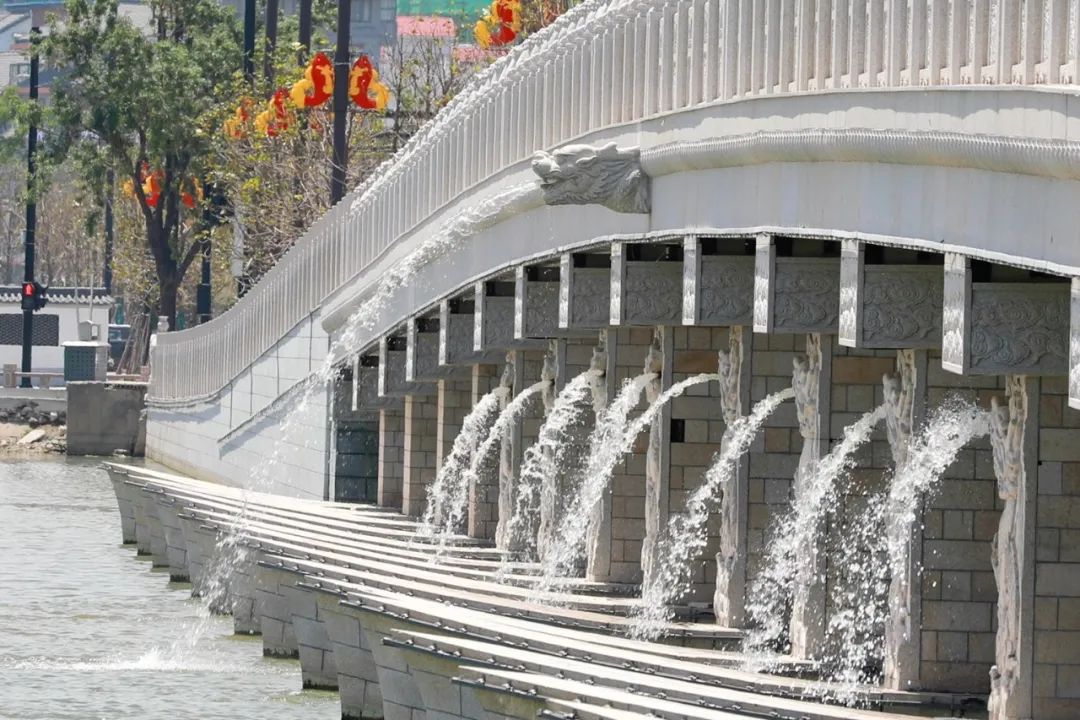
Happy atmosphere, how can you get less wine? Qu You’s song "Acorus calamus wine" brought wine and delicacies. "The golden knife is finely cut and passed on to the hands, and the jade is frivolous and sends extraordinary fragrance. The chef recommended the shad ice as silver carp, and the dish was served with corn cane as pulp. " At this moment, in this situation, how can you endure but not drink, and how can you not indulge yourself? "Why not indulge in drunkenness?" Even if you are as drunk as a fiddler, don’t have some fun.
Dragon boat race is the highlight of the Dragon Boat Festival. From the emperor to the people, everyone enjoys it, "competing to see the people who race in Lanzhou". In the Tang Dynasty, Liu Yuxi recorded the Dragon Boat Festival racing scene in Wuling, where Qian Fan raced and drums and music sang in unison, and "the thunder and the thunder hit the festival, and the turbulence came crashing". The racers raised their hands and shouted "Where is it" in order to attract the soul of Qu Yuan, which was magnificent and spectacular. The race is very competitive. There is a long pole at the finish line, which is called "championship" and the winner is the champion. Competitors worked together, united as one, and the crowd "shook the ground with cheers, scaring off the fighting spirit of ten thousand people" (Huang Shang’s "Reduced Magnolia Race") was full of joy and excitement.
At this point, the commemoration of the group has a little more secularization, socialization and entertainment. The cultural implications of the Dragon Boat Festival are constantly superimposed, but the pursuit of happiness, beauty and health is consistent and soaked in every link.
four
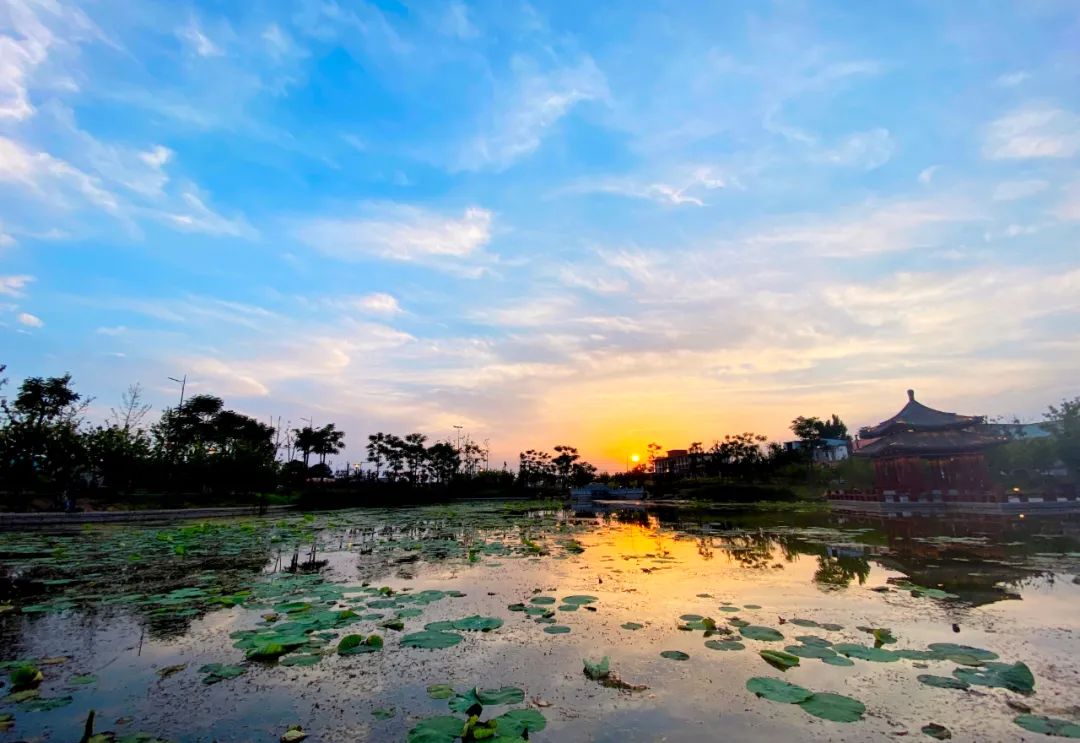
Dragon Boat Festival is a very important folk festival in the life of the Chinese nation. Although this festival was not originally set up for Qu Yuan, it did become a special festival in memory of Qu Yuan because of his self-sinking in Miluo.
The Dragon Boat Festival is a festival and a symbol, and Qu Yuan commemorated by the Dragon Boat Festival has also become a cultural symbol, symbolizing a national spirit. "Qu Yuan represents the spirit of sticking to ideals, the personality of independence, the patriotism of boxing, and a banner of the spirit of the Chinese nation … Qu Yuan used his life to erect a monument that future generations look up to for thousands of years in the long history of China." (Wang Liqun’s "China Backbone")
Qu Yuan belongs to China and the world. Nowadays, the activities of the Dragon Boat Festival are in the ascendant, becoming more and more abundant, dragon boat racing has become an international event, the production of zongzi has become more and more exquisite, and there are more and more colorful silk threads. In this regard, we should also pay attention to the fact that the external prosperity ceremony can not cover up or even cover up the traditional authenticity and inner spirit of the festival. As Confucius reminded us: "Li Yun Li Yun, jade and silk clouds? Le Yun Le Yun, Zhong Gu Yun? " ("The Analects of Confucius Yang Huo")
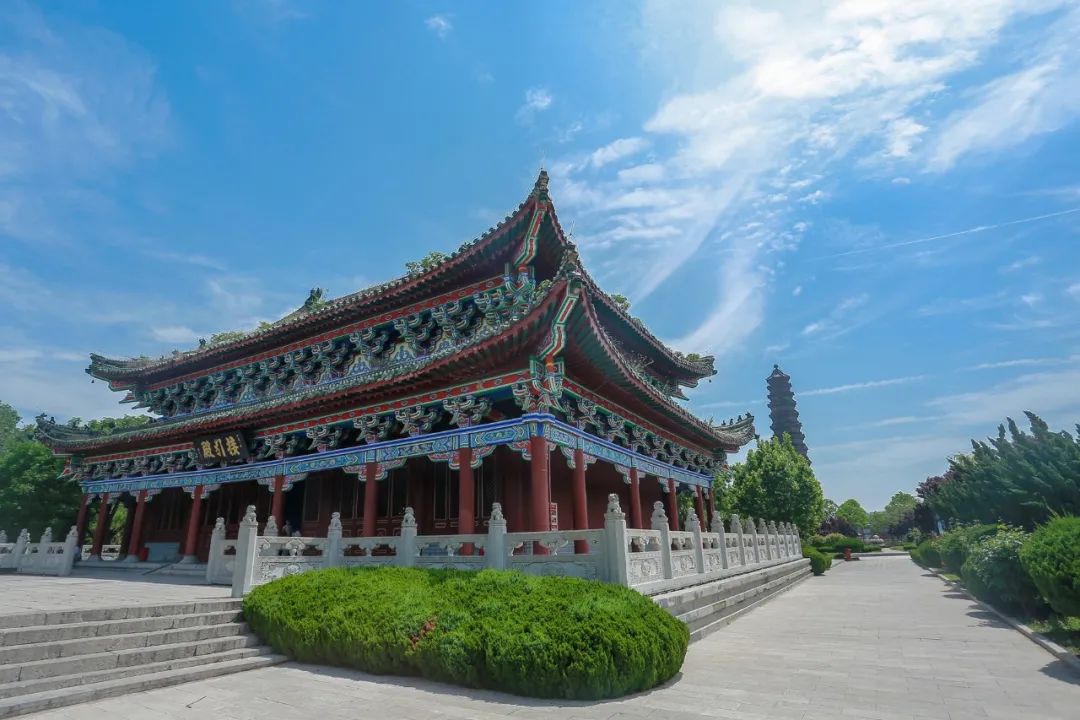

[Author] Zhao Fengrong, associate professor of the Yellow River Civilization and Sustainable Development Research Center of Henan University.
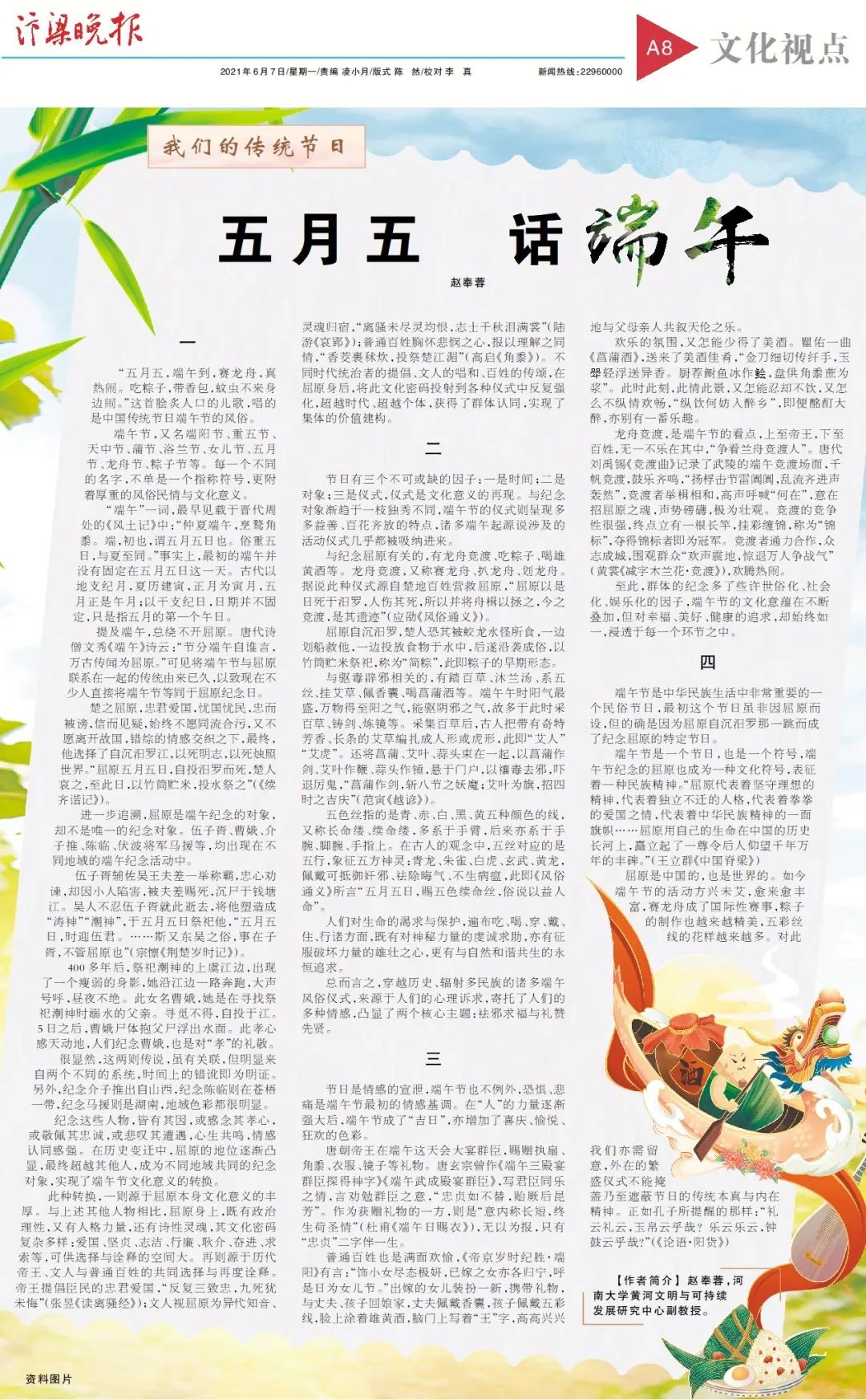
Source: Bianliang Evening News
Video | Image Source Kaibao Group All Media
Original title: "Our Traditional Festival Dragon Boat Festival | Dragon Boat Festival with Five Words in May"
Read the original text